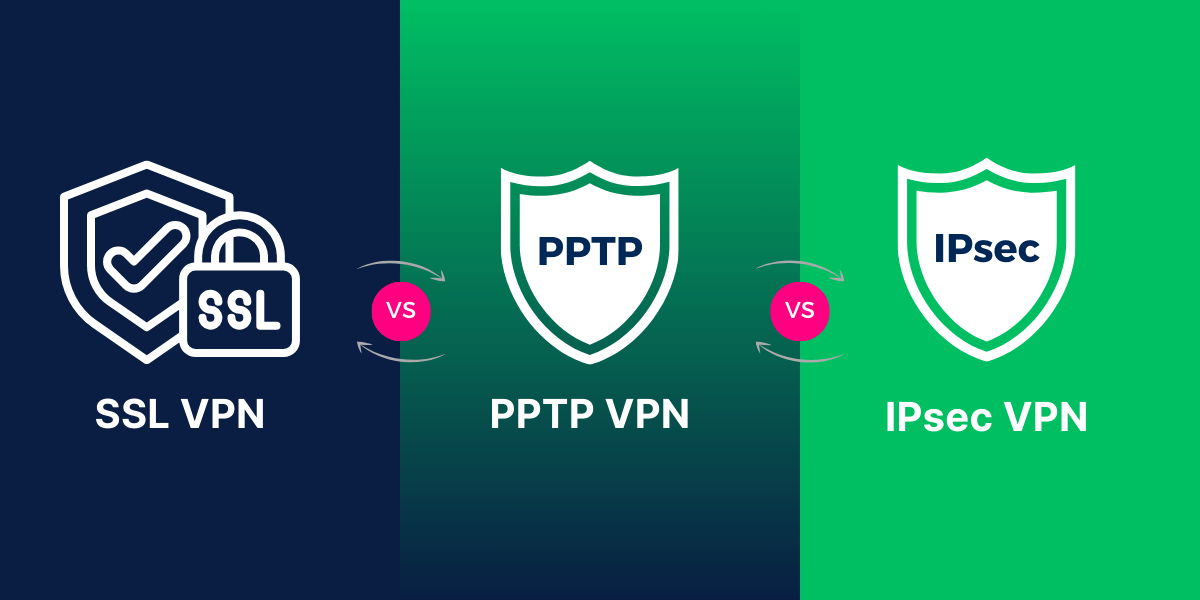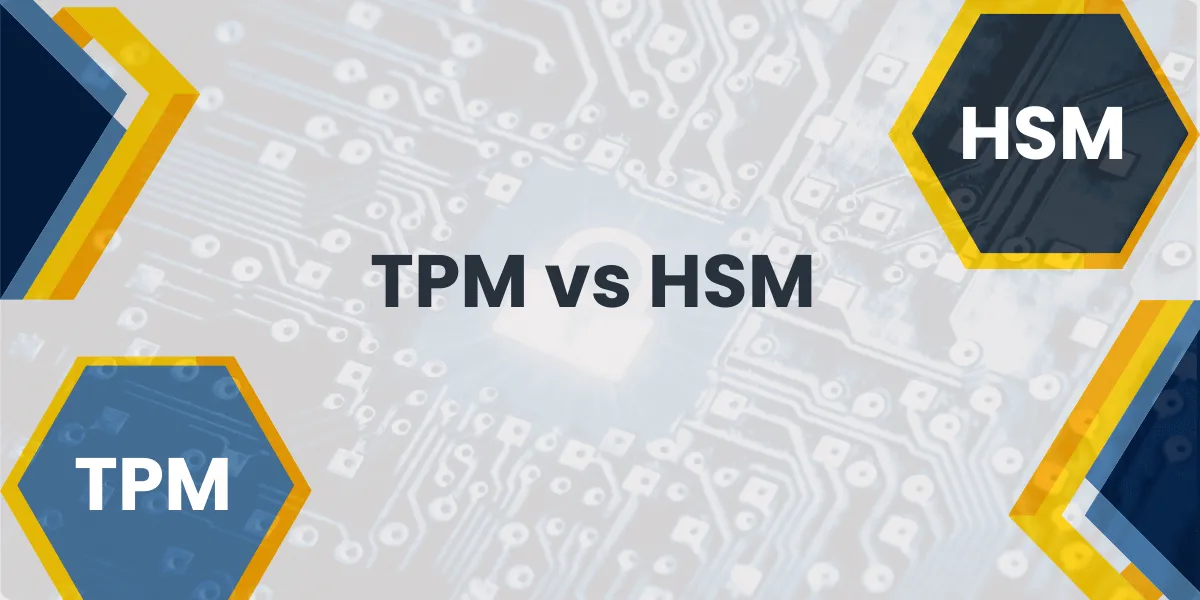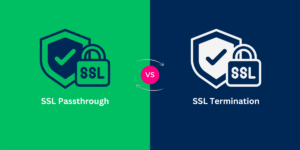Virtual Private Networks (VPNs) secure internet connections through various protocols. SSL, PPTP and IPsec are the three most widely used VPN protocols which differ in security level, speed and usage. The following comparison of their main differences will assist you in selecting the most suitable VPN protocol for your requirements.
SSL VPN (Secure Sockets Layer VPN)
SSL VPNs enable browser-based and app-level secure remote access through TLS/SSL encryption which resembles HTTPS website security. SSL VPNs establish quickly and work with firewalls yet they operate at slower speeds than IPsec for high-bandwidth applications. The solution works well for both remote workers and secure web access needs.
How It Works
- Operates over HTTPS (port 443), making it firewall-friendly.
- Uses TLS/SSL encryption (like websites) for secure remote access.
- Typically accessed via a web browser or dedicated client.
Pros of SSL VPN
✅ Easy to use (no complex setup).
✅ Works on most devices without additional software.
✅ Highly secure (modern SSL/TLS encryption).
Cons of SSL VPN
❌ Slower than IPsec for high-bandwidth tasks.
❌ Limited to application-level security (not full network-level encryption).
SSL VPN is Best For
- Remote workers accessing company portals.
- Secure browsing on public Wi-Fi.
PPTP VPN (Point-to-Point Tunneling Protocol)
Microsoft developed PPTP as an outdated VPN protocol which provides fast operations but lacks security. MPPE encryption in PPTP remains weak because this protocol has become obsolete due to its known vulnerabilities. Users should use this protocol only for non-sensitive activities such as streaming.
How It Works
- One of the oldest VPN protocols (developed by Microsoft).
- Uses MPPE (Microsoft Point-to-Point Encryption).
- Runs on port 1723.
Pros of PPTP VPN
✅ Extremely fast (low encryption overhead).
✅ Easy to set up.
Cons of PPTP VPN
❌ Weak security (vulnerable to hacking).
❌ Obsolete—no longer recommended for sensitive data.
PPTP VPN is Best For
- Streaming (where speed matters more than security).
- Legacy systems that don’t support newer protocols.
IPsec VPN (Internet Protocol Security)
IPsec implements AES-256 encryption at the network level to protect all network traffic. The system requires advanced setup but enterprises maintain complete trust in it. Enterprise VPNs and site-to-site connections require this solution.
How It Works
- Encrypts all network traffic (unlike SSL, which is app-specific).
- Uses strong encryption (AES-256) for data integrity.
- Operates in two modes:
- Transport Mode (device-to-device encryption).
- Tunnel Mode (full network encryption).
Pros of IPsec VPN
✅ Highly secure (used by enterprises & governments).
✅ Works at the network layer (protects all traffic).
Cons of IPsec VPN
❌ Complex setup (requires manual configuration).
❌ Slower than PPTP due to encryption overhead.
IPsec VPN is Best For
- Corporate VPNs.
- Secure site-to-site connections.
Key Differences Between SSL vs. PPTP vs. IPsec VPN
|
Feature |
SSL VPN |
PPTP VPN |
IPsec VPN |
|
Encryption |
TLS/SSL (High) |
MPPE (Weak) |
AES-256 (Very High) |
|
Speed |
Moderate |
Fastest |
Moderate-Slow |
|
Security |
High |
Low (Hackable) |
Highest |
|
Setup |
Easy |
Very Easy |
Complex |
|
Port Used |
443 (HTTPS) |
1723 |
500, 4500 |
|
Best For |
Web access, remote work |
Streaming, legacy systems |
Corporate networks, site-to-site VPNs |
Which VPN Protocol Should You Use?
- For maximum security: IPsec or SSL VPN.
- For speed (non-sensitive tasks): PPTP (but avoid for privacy).
- For remote access via browser: SSL VPN.
Since PPTP is outdated and insecure, most users should choose IPsec (for full encryption) or SSL VPN (for ease of use).
Final Thoughts
The selection of VPN protocol depends on your needs: SSL VPN is easy and browser based, PPTP is fast but not secure, and IPsec is secure. For most users, IPsec or SSL VPN is the best choice, and PPTP should be avoided due to security risks. Always choose strong encryption and reliability for safe browsing and data protection.

Priya Mervana
 Verified Web Security Experts
Verified Web Security Experts
Priya Mervana is working at SSLInsights.com as a web security expert with over 10 years of experience writing about encryption, SSL certificates, and online privacy. She aims to make complex security topics easily understandable for everyday internet users.



